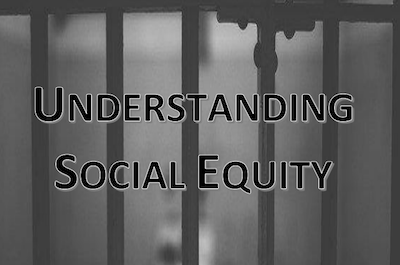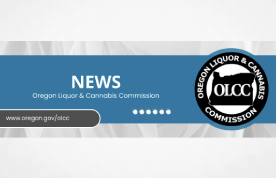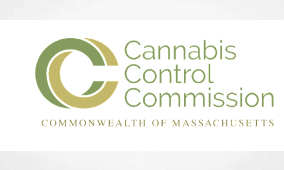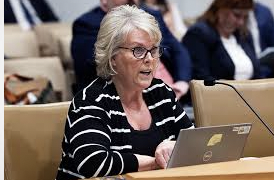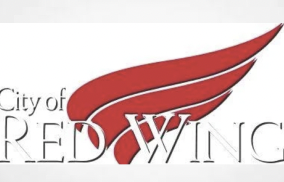Here’s the preface…. Chris Nani writes
Social equity programs, a recent innovation of the cannabis industry, are programs that seek to remediate and help individuals, families, and communities harmed by the War on Drugs. In
2017 I began researching social equity programs and to my dismay found there was little, if any, research available on social equity programs and how they’re created. Consequently, the lack of guidance or any information on why social equity programs succeed or fail has led manyprograms to repeat the same mistakes of their predecessors and severely weakened thoseprogram’s chances of survival.
I developed the Social Equity Assessment Tool (S.E.A.T.) in 2018 and began using it in 2019 to
better understand programs. My first case study was Los Angeles’ social equity program. It
concluded that the program would fail because of possible corruption, lack of transparency,
and a severely under-resourced agency tasked with creating, implementing, and enforcing their
social equity program. Since then, I have been able to speak with regulators and advocates
across the country about designing and implementing social equity programs.
My experience with the general lack of knowledge about social equity programs was further
validated when I started asking other major thought leaders and organizations about their
views on how social equity programs are faring. Collectively, we agree they can be improved by
educating regulators and policymakers. Our goal is not to implement change overnight, but
rather, to start a larger conversation about social equity. We believe by collectively bearing our
thoughts on social equity programs we can be a resource and reference for drafters of social
equity programs.
Our goal can further be defined into four objectives:
● Educate regulators on what social equity programs are and their importance.
● Why certain criteria should be used to define social equity applicant eligibility.
● An analysis of prior social equity programs.
● Key factors for social equity programs.
Understanding Social Equity is a compilation of viewpoints from various authors with diverse
backgrounds. From attorneys, policy analysts, and journalists to advocates, business owners,
and social equity applicants, my goal was to provide as many perspectives as possible – some of
which may conflict with other authors to provide regulators a wide range of respected opinions
about social equity programs. Together, we believe this compilation can be used as a guide for
drafters and regulators when determining minute details about how they would like to create
or improve their social equity program. The authors of this compilation only represent
viewpoints expressed in their individual work.
Down load the full pdf at
https://drive.google.com/file/d/1QUFWPV_ykxqDlL5V1dsIiSoYgVdIsbXO/view
Read the full pdf
UnderstandingSocialEquity
